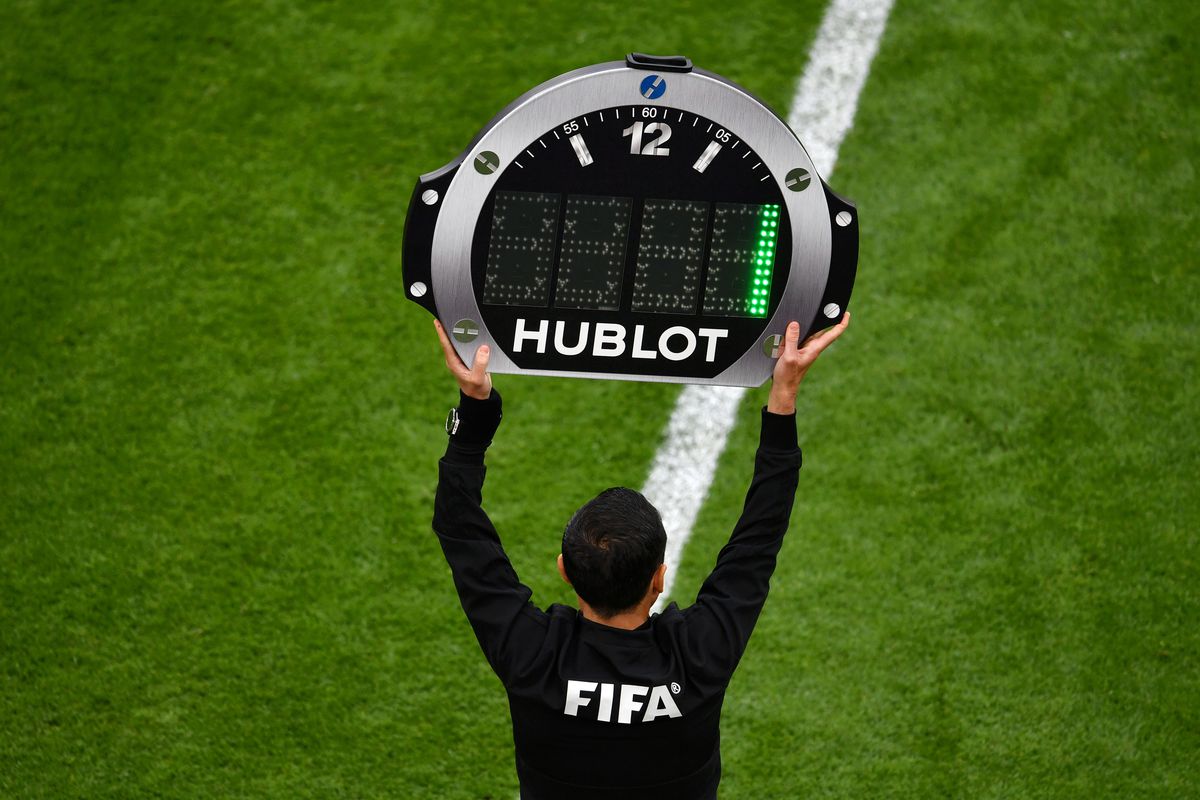The Football World Cup is one of the most prestigious sporting events in the world, and it is held every four years. As such, the tournament has become a major part of the football culture and is one of the most watched events on the planet. With such an important event, it is necessary to ensure that the matches are played within the allotted time frame. However, sometimes there are instances when the match needs to be extended in order to decide the outcome. This is known as extra time in football, and it is a crucial part of the game.
Extra time in football is an additional period of play that is added to a match that ends in a draw after the normal playing time. This period is usually divided into two halves, 15 minutes each, and there is usually a break of 15 minutes between the two halves. During this time, the players are given a chance to rest, and the team captains and coaches can make tactical changes to their teams.
The purpose of extra time in football is to give the teams a chance to decide the outcome of the match in the event of a draw. If the teams still remain tied after the extra time period, then the match is decided by penalty kicks. The team with the most penalty kicks wins the match.
Extra time in football is often seen as a time for teams to make tactical changes in order to gain an advantage. Teams can make use of this time to rest their players, make substitutions, as well as change their formation and tactics. This is why it is important for teams to be prepared for extra time in football.
The amount of extra time in football depends on the competition. For example, in the FIFA World Cup, extra time is usually 30 minutes, split into two halves of 15 minutes each. In the UEFA Champions League, however, extra time is usually 30 minutes split into two halves of 15 minutes each, but with a break of 15 minutes in between.
In other competitions, such as the Copa America, the CONCACAF Champions League, or the Copa Libertadores, extra time is usually 15 minutes split into two halves of 7.5 minutes each. In some competitions, such as the UEFA Europa League, extra time is only 10 minutes split into two halves of 5 minutes each.
Extra time in football can also be used as a way of deciding the outcome of a match if the teams are tied after the normal playing time. In this case, the extra time is used as a “golden goal” period, where the first team to score a goal wins the match.
In some cases, extra time in football can also be used to decide a winner in the event of a penalty shootout. In a penalty shootout, each team takes five penalty kicks, and the team with the most goals wins the match. If the teams are tied after the penalty kicks, then extra time is used to decide the winner.
Extra time in football is a crucial part of the game. It gives teams a chance to make tactical changes, rest their players, and decide the outcome of the match. The amount of extra time varies from competition to competition, but it is an important part of the game.
